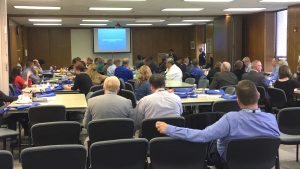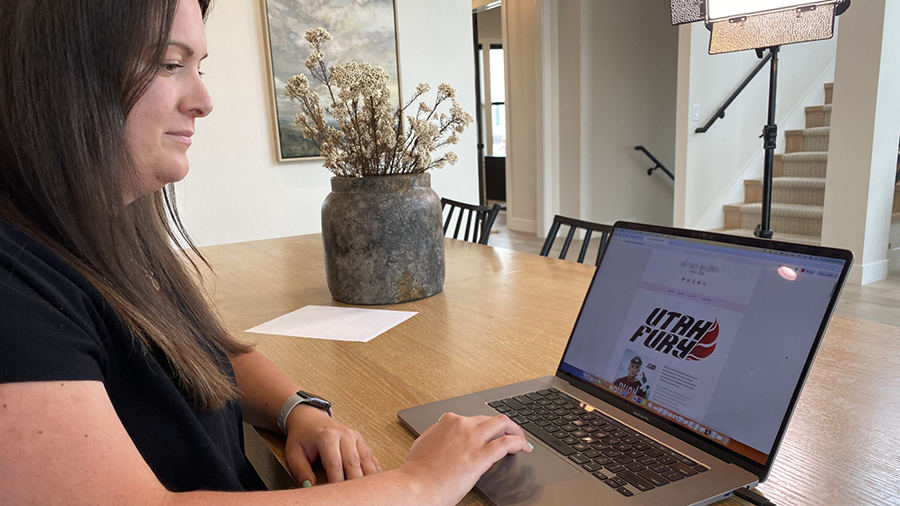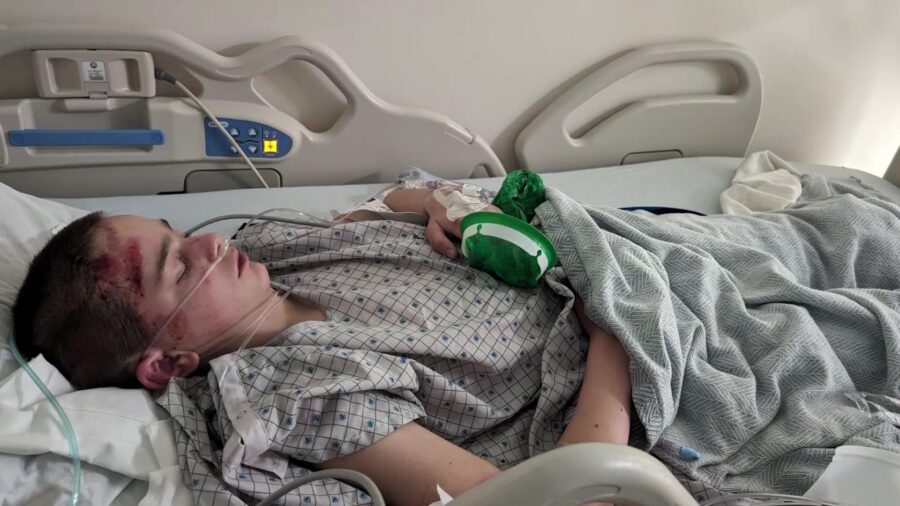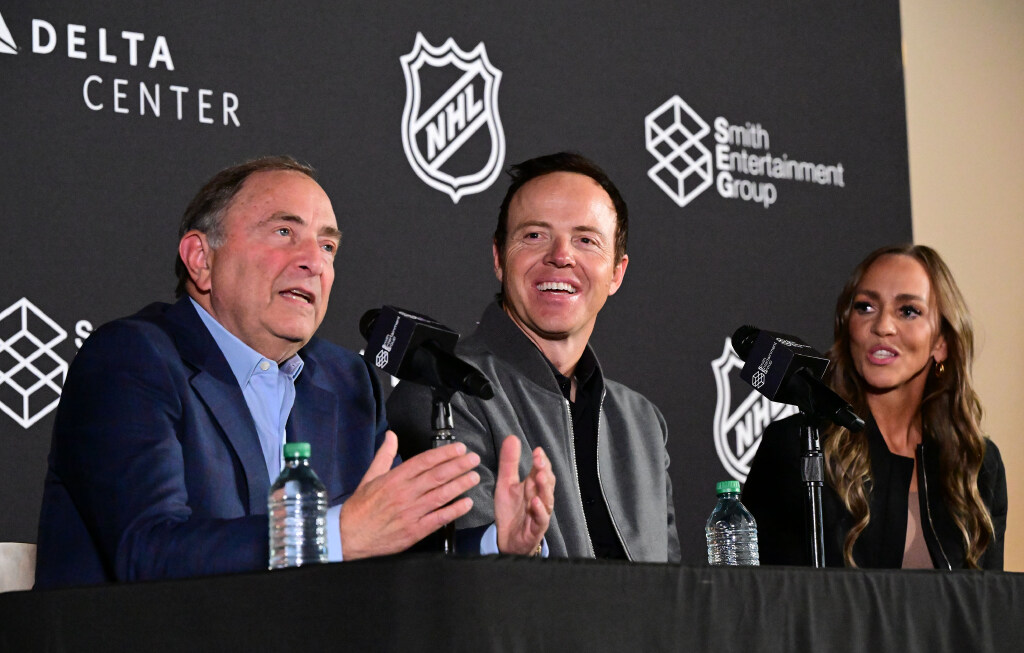NAACP: Racism in Utah schools on the rise
Apr 16, 2018, 6:10 PM | Updated: 11:22 pm
SALT LAKE CITY, Utah – African-American leaders warned Utah educations officials about a rise in racism in schools. The NAACP Salt Lake Branch alerted school leaders to a rise in racist incidents, and talked with them about solutions.
The NAACP held a two-hour forum Monday for school superintendents and principals at the Salt Lake City School District Offices where they could learn more about the problem, and find out about education on race relations they can share with their students.
“They are getting more and more threatening when they’re using the N-word,” said Jeanetta Williams, president of the NAACP Salt Lake Branch and Tri-state Conference for Idaho, Nevada and Utah. “We’ve had a number of incidents where white students are using the N-word. They’re putting it on social media. They’re thinking it’s funny. They’re getting in trouble about it.”
 Williams said that over the past year-and-a-half, racist behavior, specifically use of the N-word, has flared up in schools across the state. The historic civil rights organization said they want students to understand that the word is offense, the behavior won’t be tolerated, and there will be consequences for using it.
Williams said that over the past year-and-a-half, racist behavior, specifically use of the N-word, has flared up in schools across the state. The historic civil rights organization said they want students to understand that the word is offense, the behavior won’t be tolerated, and there will be consequences for using it.
Williams said her office NAACP has taken a rising number of complaints about white students targeting African-American students with the N-word. Students, parents and administrators have alerted her office to 15 to 20 such incidents in the last year and a half. She said that was up from several each year in previous years.
“It’s gotten really out of hand that the NAACP needed to step up and say enough is enough. We cannot tolerate this,” said Williams.
The local NAACP started to see a rise in these incidents during the divisive 2016 presidential election.
“It just seems like an open door to just do these things, and say what they want to, and feel that there are no consequences,” said Williams.
The NAACP gathered superintendents and principals from every district in the state to talk about the problem and work on plans of action.
“We are very concerned about this,” Terry Shoemaker, executive director of Utah School Superintendents Association, and past superintendent of the Wasatch County School District. “That’s part of the reason we’re meeting together today.”
Over the years, he said, racial slurs have been thrown around at schools. The NAACP has brought a bigger problem to the attention of districts statewide.
“For some reason, this particular year, this last year, there seems to be more of it,” he said.
Shoemaker said issues on racial slurs have typically been dealt with by principals and superintendents at the local level, and they will do what they can to educate their students.
“There is no place for racism at all in our schools, or in our school systems, or in our society in general,” said Shoemaker. “Whatever we can do in the school district, or as a state, or a community, we want to work on those things as best we can.”
Shoemaker said social media seems to fan the flames of racist language.
“They’re also hearing some of this talk from other adults that they are close to,” said Shoemaker.
District leaders started to work on these issues after the meeting. Shoemaker said the superintendents were eager to take a positive message back to students.
“We know we need to work more closely with parents and kids at every school,” he said.
“I think the solution is to talk about race,” said Williams. “Maybe some of the students aren’t interacting on a daily basis with people of color.”
The NAACP shared educational resources the districts can use to talk to kids about race openly and appropriately.
“We don’t want to continue to have that happen all the time,” Williams said about the incidents at schools. “We’re very concerned about it as the NAACP civil rights organization. We wanted to make sure that we had an open dialogue about the situations, why it’s occurring, and to make sure we eliminate those problems.”
The NAACP and the districts wanted to make sure that all schools were following anti-discrimination and anti-bullying policies already in place. They will also work together on the best action plans for each school.
“These things aren’t funny,” Williams said. “They can’t just do it and then come back later and say, ‘I’m sorry. I’m not like this.’ We want to make sure that we are addressing the issue by educating the students.”













